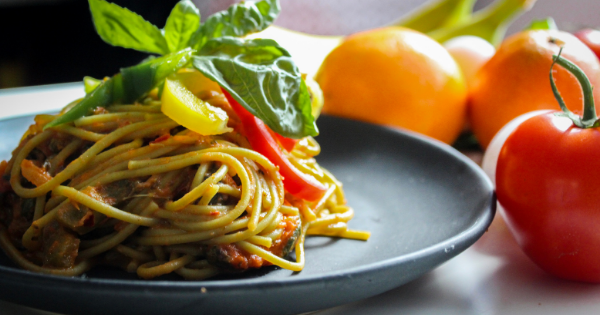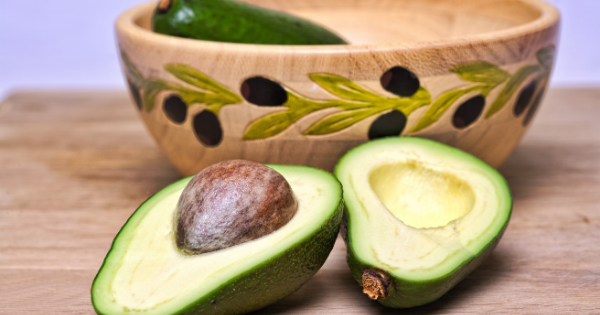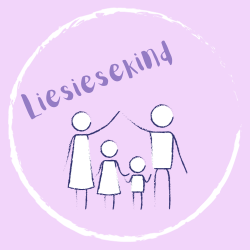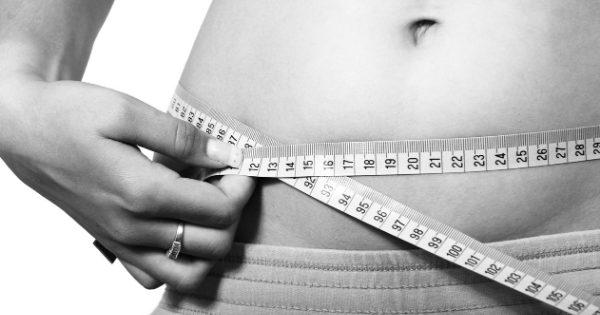In this post I will be sharing five mindful weight loss habits to lose weight and keep it off. I’ve had a battle with my weight since I was only a teenager. I’ve tried many different diets and exercise methods, but I never managed to lose the weight and keep it off. Since the COVID-19 pandemic struck it has been more difficult to eat healthy since there was no room in my budget to try and shop for healthy foods. I had to buy food that sustain my whole family and is cost effective. For successful weight loss, you must have the right mindset. Don’t look at it as a diet, but rather a lifestyle change. Adopting a healthier eating plan. You can still eat plenty of foods that satisfy your hunger that don’t make you feel as if you’re starving yourself. The key is to incorporate the right foods into your diet and to make the following habits part of your lifestyle choices.

3 Mindful weight loss habits to lose weight and keep it off
1. Reduce calorie intake
The equation for losing weight is simple. You must consume fewer calories than you’re burning. However, losing weight is not a linear exercise. At first, you’ll start losing lean tissue, water, and fat, however, your metabolism starts slowing down. Therefore, you must continue reducing calories to keep losing weight.
Eat foods that makes you feel full but don’t contain a lot of calories
Keep in mind, that everyone is different. Whatever works well for someone else, might not be the case for you. If you want to keep losing weight, get rid of foods that have a high calorie-content but are not sustaining you (for instance, cookies or candy) and substitute them with foods that makes you full without a high calorie-content (for instance, veggies).
Only eat when you’re hungry
Many of us make the mistake of eating when we feel stressed or emotional. Food brings comfort but it doesn’t help to keep your weight loss journey on track. Try to remember the following:
- Don’t eat when you’re stressed. Instead, do something else to help you relax, like soaking in a bubble bath, exercise, or doing yoga.
- If you’re feeling low on energy, do something like taking a quick nap, or walking around the block.
- If you’re feeling bored or lonely, instead of finding comfort in food, instead take your dog for his walk, visit a park, or go to the mall.
2. Steer clear from bad carbohydrates
To better understand how to eat carbs, you need to understand how your body stores fat after eating carbohydrates, particularly the function of the insulin hormone. Once you eat a meal, carbs infiltrate your bloodstream in the form of glucose. To maintain your blood sugar levels, your body burns off glucose before burning fat from the meal. Therefore, if you eat meals that are rich in bad carbs, for instance, French fries, bread, pasta, or rice, your body emancipate insulin to help manage the inflow of glucose in your blood. Apart from controlling blood sugar levels, insulin also have two other functions:
- Prevents fat cells from emancipating fat for your body to burn as fuel.
- Generates more fat cells that store everything that your body is unable to burn off.

This means you are gaining weight and your body needs more fuel to burn, causing you to eat more. Since insulin primarily burns carbs, you keep craving carbs, and that’s why you keep eating carbs and pile on the weight.
Avoid replacing carbs – eat the right ones
Many low-carb eating plans replace carbs with fat and protein, however, this is not ideal, especially long-term. It can result in prolonged negative health effects. If you want to follow a low carb eating plan, choose healthy carbs like lean fish, meats, vegetarian protein sources, low-fat dairy items, and plenty of non-starchy veggies and leafy greens.
3. Decrease fat intake
Many people are under the impression that if you try to avoid getting fat, you should avoid eating fat. Low-fat diets do not work, and this is why:

a) Some fats are healthy
Good or healthy fats is recommended for you because they help regulate your weight, combat fatigue and improve your mood. Unsaturated fats like seeds, avocados, nuts, tofu, soy milk, and fatty fish can help to sustain you, and eating them with vegetables, for example, can make it a lot easier to stay on course with your new diet, while enhancing the quality of your eating plan.
b) Avoid making ineffective trade-offs
People often make the mistake of replacing fat with empty calories of refined carbs and sugar. For instance, no-fat, or low-fat yogurt often contain added sugar to enhance the taste. Rather stick with whole-fat yogurt.

Bonus tips for practicing mindful eating
- Steer clear from distractions – Try to avoid eating while watching TV, working, or driving. Once can easily overeat when your mind is distracted.
- Pay attention while eating – savor each bite, eat slowly and focus on the taste and texture.
- Don’t keep eating once you’re full – it take a while for the signal to tell your brain that you’re full. Don’t feel like you have to empty your plate. Stop as soon as you feel you had enough.







Be the first to reply